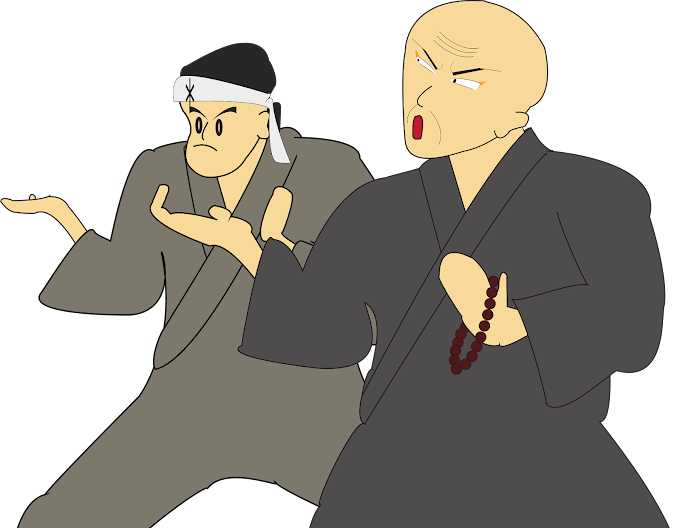We've all been there. You get that promotion you've been working toward for months, and you're on cloud nine. The feeling is amazing. But then, somehow, a few weeks later, you're back to feeling ordinary again. Or maybe you finally buy that thing you've been saving for, and the excitement fades faster than you expected.
It's frustrating, isn't it? Why can't we just stay happy once we achieve something good?
The truth is, our brains aren't designed to stay in one emotional state forever. Think about it like this - if you ate your favorite meal every single day, it would eventually become boring, right? Your taste buds would get used to it. The same thing happens with our emotions.
Scientists call this "hedonic adaptation," but you don't need fancy terms to understand it. Basically, we get used to good things. It's like when you walk into a room with a strong smell - at first it hits you, but after a while, you don't even notice it anymore. Our happiness works the same way.
There's actually a good reason for this. Imagine if our ancestors felt permanently satisfied after finding food once. They might have stopped looking for more and ended up starving. Our restless nature, always wanting more or something different, helped humans survive and grow.
But here's where it gets interesting. Bad feelings don't stick around forever either. Remember that time you were really upset about something that seemed like the end of the world? Probably doesn't feel as intense now, does it? We adapt to negative things too, which is actually pretty amazing when you think about it.
The problem comes when we expect happiness to last. We think, "Once I get this job, I'll be set," or "When I move to that city, everything will be perfect." But life doesn't work that way. The new job becomes routine. The new city becomes home, with its own everyday problems.
This doesn't mean happiness is pointless or that we should stop trying to improve our lives. It just means we need to understand how it really works. Happiness comes in moments and waves, not as a permanent state we can achieve and then keep forever.
Maybe that's actually better. If we were always happy, would we appreciate it? If every day felt exactly the same, would any day feel special? The ups and downs, the contrast between different feelings, might be what makes the good moments actually feel good.
Plus, there's something to be said for finding happiness in small, everyday things rather than waiting for big achievements. The coffee that tastes just right. A text from a friend. A song that comes on at the perfect moment. These little hits of joy might be more reliable than the big ones because they're always available to us.
The key might be accepting that happiness isn't meant to be permanent. Instead of chasing it like it's a destination we can reach and stay at, maybe we can think of it more like weather - sometimes sunny, sometimes cloudy, always changing, but each type of day having its own value.
When you're happy, enjoy it fully without worrying about the end. When you're not happy, remember that this feeling isn't permanent either. Everything passes, both the good and the difficult.
That's just how we're built, and maybe that's perfectly fine.









If you have any suggestions let me know...